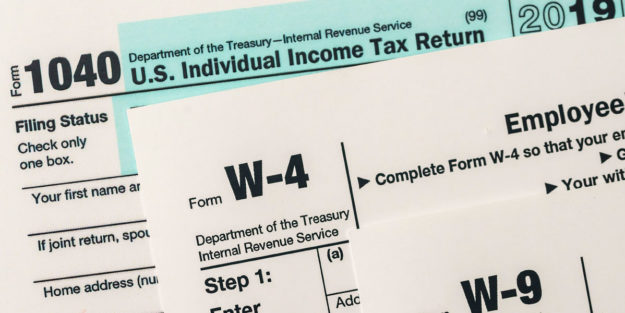Tax Breaks Help Small and Medium-sized Employers
Tax Breaks Help Small and Medium-sized Employers Small and medium-sized employers can begin taking advantage of two new refundable payroll tax credits, designed to immediately and fully reimburse them, dollar-for-dollar, for the cost of providing coronavirus-related leave to their employees. This relief to employees and small and midsize businesses is provided under the Families First…










